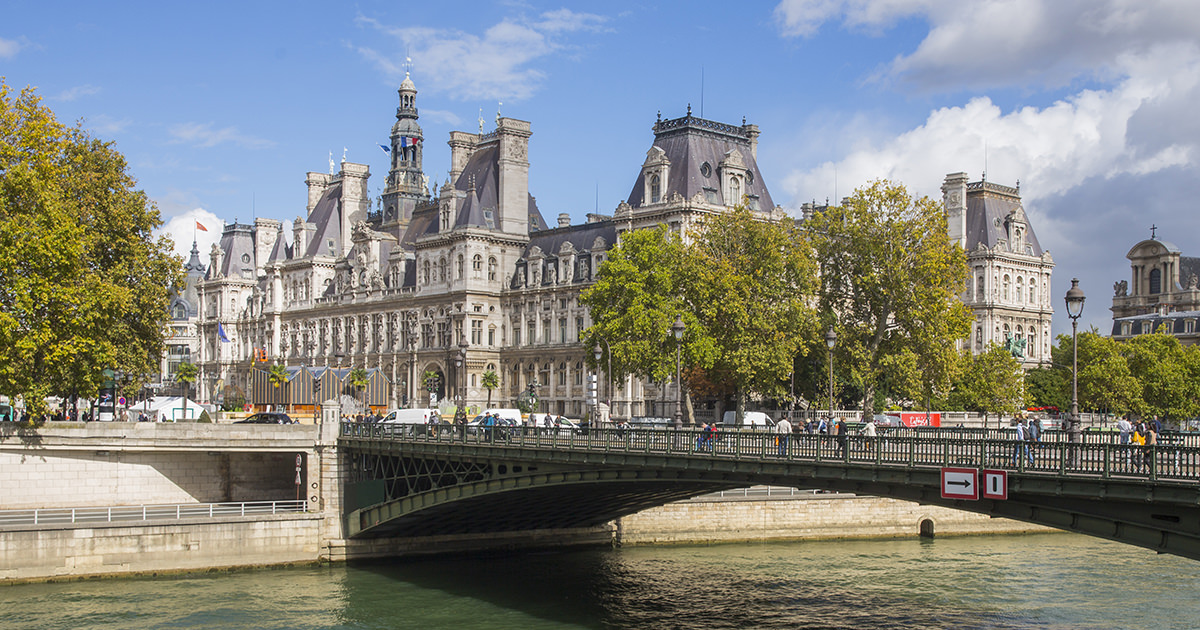ANPlng terminal Eemshaven
NOS Nieuws•vandaag, 19:21
Rob Coster
Economics reporter
Rob Coster
Economics reporter
The electricity grid must be expanded, a hydrogen network must be installed and installations must be installed with which CO2 from industry can be captured and stored in empty natural gas fields under the North Sea. The projects are necessary to achieve the climate goals for 2030, but the goals are getting out of sight. An example of the Gasunie in Eemshaven in Groningen shows that projects can also be realized quickly.
Rules and procedures slow down the energy transition, with the result that many companies that want to get rid of gas cannot get a heavy electricity connection. Some projects require new legislation and it is uncertain whether the House of Representatives will consider it before the elections in November. The construction of the infrastructure for capturing CO2 from the petrochemical industry in the port of Rotterdam is stalled due to nitrogen regulations.
In 200 days
The Netherlands seems to be increasingly ‘locked’, but last year there was a striking exception. Within 200 days, Gasunie, in collaboration with Groningen Seaports, construction companies and various authorities, built a floating LNG terminal (liquefied gas) in Groningen’s Eemshaven. This was necessary to compensate for the loss of Russian gas with liquefied gas from the United States.
The cabinet convinced the province of Groningen of the ‘national interest’ and arranged a tolerance permit for the two factory ships. In the meantime, all parties calculated backwards from the delivery date of September 15, 2022, which was necessary to fill the gas stocks before the winter. Postponing delivery was not an option.
All parties felt the urgency.
Hans Coenen, member of the Executive Board of Gasunie
According to Hans Coenen, member of the board of directors of Gasunie, the project succeeded because “all parties felt the urgency”. The threat of families unable to heat their homes, industries threatening to come to a standstill and the shock of the Russian invasion of Ukraine ensured that all problems and objections were resolved. Building material was ‘borrowed’ from other projects, and more than 500 personnel from Mozambique, the Czech Republic, Australia and other parts of the world were flown in to Eemshaven.
Copy urgency
Hans Coenen has now discussed the way of working with many people from the energy sector, including Minister Jetten for Climate and Energy. Coenen thinks it will be followed, although it will not be easy to copy the urgency of last year. Also, no organization in Groningen has appealed against the tolerance permit, there are no homes in Eemshaven and there are no Natura 2000 areas in the immediate vicinity.
Nevertheless, the way of working can be followed, also expects Marjolein Dieperink, professor of Climate Change and Energy Transition at the VU University in Amsterdam. “What happened in Eemshaven is that market parties and governments have come very close to each other at an early stage of the process and have looked together at what is needed to bring the project to a successful conclusion.”
I see that projects are sometimes slow and that things can be improved.
Marjolein Dieperink, Professor of Climate Change & Energy Transition VU University Amsterdam
Dieperink is a partner at law firm AKD and involved as a lawyer in many energy projects; “I see that projects are sometimes slow and that things can be improved.” Like network operators, employers and environmental organisations, Dieperink fears that the climate targets for 2030 will disappear from the picture, partly because of the fall of the cabinet. “For example, new legislation is needed for hydrogen and heat networks and those processes take a long time and most parties wait for them to invest. The question is whether 2030 will not come too soon.”
National importance
For the LNG project in Eemshaven, Minister Jetten appealed to the national interest and the danger to public order and safety if there were a shortage of gas. The question is whether the forest fires, heat waves and floods that are ravaging the world this year do not demonstrate that the climate crisis has now also become a matter of public order and safety.
“There are more and more reports that show that we are lagging behind the objectives of the Paris agreement, so an emergency situation like this can also be justified here,” says Dieperink. Grid operators, employers and environmental organizations have pleaded for speed in an urgent letter to the House of Representatives. The organizations are afraid that because of the fall of the cabinet, energy projects that are important for achieving the climate goals will be even further out of sight.
2023-08-03 17:21:12
#Netherlands #locked #Building #quickly #Groningen #LNG #terminal #learned

